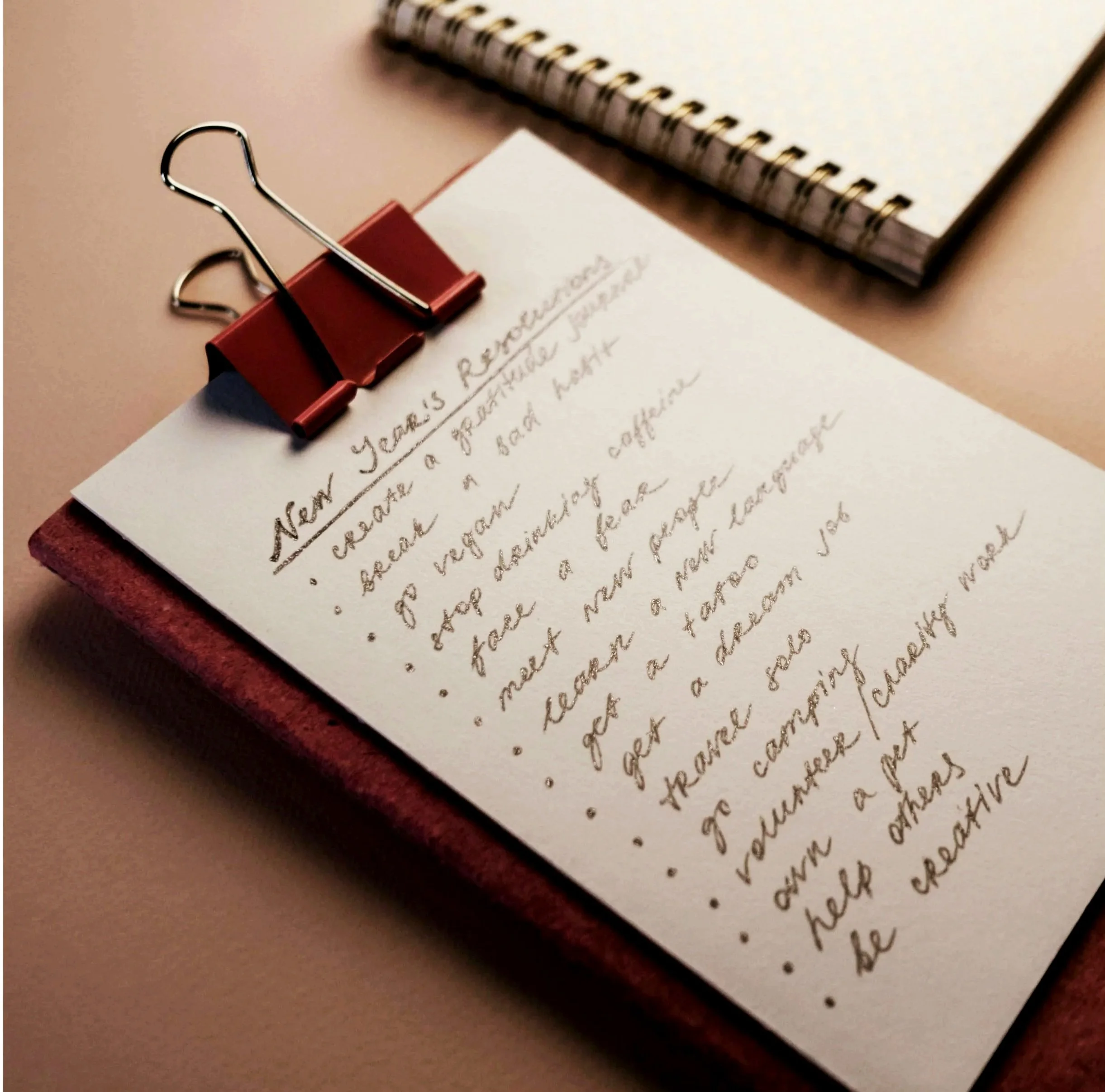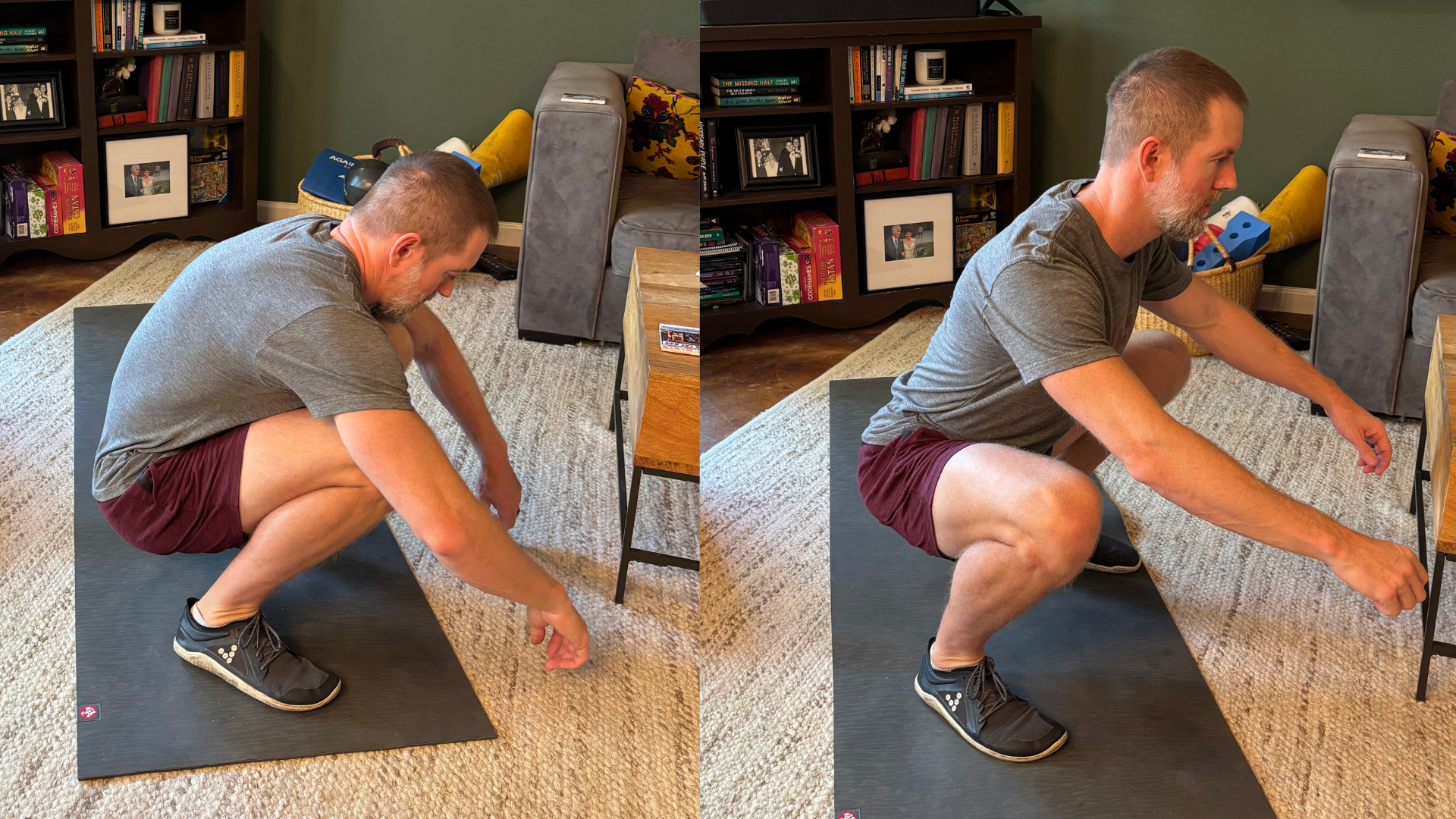An Effective Strategy to Break Bad Habits
Written By Kyle Ligon - MovementLink.FIT Head Coach
Most of us have at least one habit that deep down we wish we would stop. Maybe we’ve tried to stop in the past, but urges, cravings, social pressures, or just the difficulty in stopping something ingrained into our daily lives has ultimately gotten the better of us.
I have not eaten a dessert in about 7 years. Surprising to most, my life is not void of pleasure. There is nothing inherent about me that makes this habit of mine easier for me than others…if anything, I feel I have a propensity towards addiction. I spent the first 30 years of my life being a sugar fiend. In a counter intuitive way, maybe it was my addictive personality that helped push me into sugar binges so extreme that the negative impacts sugar was having on my life was more obvious. Regardless, I was lucky enough to have an epiphany that kick-started my no dessert journey and I have never been happier in my life.
The point of the following story is not to claim that you should never eat dessert again, but instead to shed light on an incredibly effective strategy you can try for beating bad habits. The impetus of this article was a podcast episode I recently came across, The Hidden Brain - The Curious Science of Cravings. The podcast explores addiction and a surprisingly effective approach to combating addiction that involves simply slowing down and paying attention. This podcast resonated almost exactly with my experiences, not just with sugar, but with alcohol, video games, games on my phone, social media, caffeine, and many more - all things I have had to work to regulate in my life. This process has made me more mindful of how I experience the things I wish I would stop doing or did less of which has allowed me the space to readjust their role in my life. I hope that in listening to the linked podcast episode above and reading this article, you can have an additional strategy to try that may finally tip the odds in your favor against those things in your life that you want to reduce.
For my sugar cravings, I was lucky enough to have an epiphany one Monday. On Mondays, I tended to feel unmotivated, tired, sluggish, achy…I just thought that’s how people felt when they had to get another work week started. One day it hit me - if these feelings were mostly confined to Mondays, even when deep down I knew I loved my life, maybe there was a more physical cause. Was I actually depressed on Mondays or did the tons of sugar I was eating on Sundays put me in an artificial slump? I realize that the reason behind the slump does not make experiencing the slump any more or less real, but identifying the root cause ultimately is what helped me resolve my Monday depressions.
I ate mostly fast food and desserts until I was about 26 years old. When I say “mostly”, I remember losing my wallet and having to verify the last 5 charges with the credit card company which were something like, Taco Bell, KFC, Wendy’s, Taco Cabana, and Jack in the Box.
When I was in the early stages of cleaning up my diet, I took a clean + cheat day approach - I was very strict Monday through Saturday, but allowed myself to eat anything I wanted on Sundays. This actually led to constant craving battles for me throughout the week, but, knowing that cheat day was just around the corner, it was hard, but I was able to fight them off… most of the time. Up until this point, I had always eaten sugar whenever I had a craving. This was the first period in my life that I was actively fighting that urge. Unfortunately, sugar seemed to always be on my mind and I just thought that my only two options were to eat sugar all the time or battle cravings; I hadn’t realized yet that there was a third option.
The next Sunday, as I was making my way through a tub of ice cream, I couldn’t help but think of all the negative things that I typically experience on Mondays. A thought of, “But, it’s just soooo good,” caused me to slow down and really pay attention to how much I was actually enjoying my sugar binge. As it turned out, the first few bites tasted good, but as I focused on the taste and the enjoyment I got from each bite, I noticed that I was wanting the next bite before I had even finished my current one. It was weird, I had ice cream in my mouth, but that was not good enough, I wanted the next bite. I started to realize why I would eat an entire half gallon in one sitting - If having the food in my mouth is not good enough to satisfy the craving, then what would be? Nothing. I typically only stopped when I felt sick, because I never felt satisfied from eating sugar. I hadn’t yet learned about supernormal stimuli and how it affects our brain’s lipostat.
As my focus shifted onto my current bite. I noticed how fake I thought the “food” tasted and started to realize that I actually wasn’t enjoying it like I had built it up in my head. As my sugar binging grew, I hadn’t noticed that, for the vast majority of the time I was binging, I wasn’t even enjoying myself.
The next day, I felt my usual amount of Monday terribles, but this time around my perspective on my Sunday binges had changed. I no longer viewed it as a simple “tastes good, but unhealthy” and “worth the trade off every now and then.” Instead, I started to view it as a few bites that taste good, followed by a huge urge to continue to binge in an unenjoyable way - an urge that continues for days. I always logically knew that eating that much sugar was counter to my health goals, but, with my new insights into my experience, sugar started to lose its appeal.
I stopped eating sugar altogether. I didn’t intend to stop forever, I just didn’t want to at that time. I still thought it would taste good and experienced cravings for a few weeks, but I was more interested in exploring a life without it for a while. The more times I did not feed a craving, the less challenging each subsequent craving felt. I learned that my cravings are relatively short-lived and will go away, regardless of if I partook or not.
I can tell that most people still think I am weird and may think things like, “What kind of life would it be if you can’t enjoy dessert?” I can tell you, mine is an amazing one. One that I feel is lightyears better than my life when sugar was a part of it. Now that I have years of experience not eating dessert, I can’t even remember the last time that I had to battle a sugar craving and can’t imagine going back to a life where desserts took up so much of my brainspace. It was that one experience of being mindful during my binge that turned the tide for me.
If you want to explore stopping binge eating, drinking alcohol, smoking weed or cigarettes, getting on social media, online shopping, gambling, etc. a powerfully simple exercise is to slow down and explore how you are actually experiencing the activity. You may just become aware of how little you actually like it!









